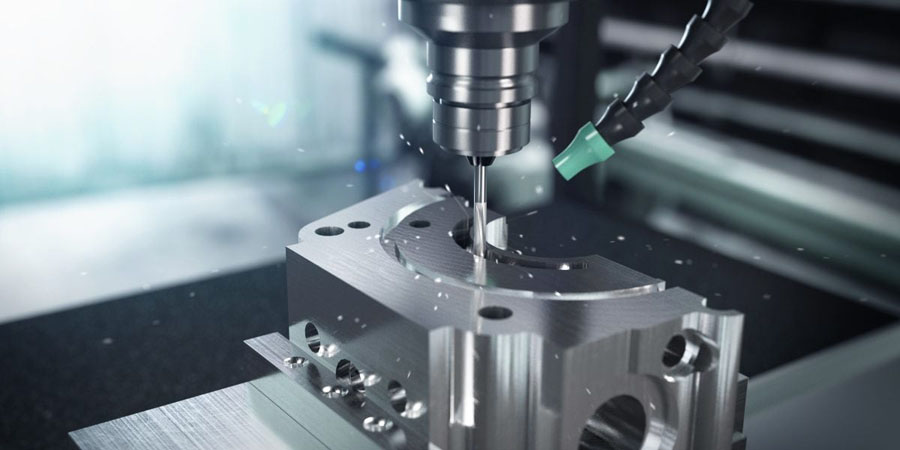CNC machining is an extremely precise method of cutting and generating parts, as it uses computer programming to control tool movement during part generation. The advantages of CNC machining, including high reliability, accuracy, and efficiency, make it crucial to solve CNC machining problems. If you encounter any problems during your CNC machining process, the downtime and revenue loss caused by the inability to produce parts or the production of defective parts can be significant.
Understanding common problems and their solutions is essential for maintaining optimal performance.
CNC equipment issues can affect multiple processes, including milling, turning, drilling, grinding, sawing and polishing, brushing, and other precision machining operations. To ensure smooth operation, you should be aware of the factors that may cause CNC problems.
1. Inappropriate Cutting Tools or Settings
Symptoms: Poor material finishes, such as rough edges, burn marks, or raised imperfections.
Causes: Using dull or incorrectly sized tools, improper feed rates, or incorrect spindle speeds.
Solutions:
Tool Selection: Ensure the cutting tool is appropriate for the material and the specific operation.
Tool Maintenance: Regularly inspect and replace worn or damaged tools.
Parameter Optimization: Adjust feed rates and spindle speeds to match the material and desired finish.
2. Programming Errors
Symptoms: Unexpected machine movements, dimensional inaccuracies, or collisions.
Causes: Incorrect G-code, syntax errors, or logical mistakes in the program.
Solutions:
Program Verification: Use simulation software to detect errors before running the program on the machine.
Operator Training: Provide comprehensive training for operators to understand and create accurate CNC programs.
Standardization: Implement standardized programming practices to reduce the likelihood of errors.

3. Mechanical Issues
Symptoms: Overheating, excessive vibration, unusual noises, or decreased accuracy.
Causes: Wear and tear, lack of maintenance, or component failures.
Solutions:
Regular Maintenance: Adhere to a maintenance schedule that includes lubrication, cleaning, and inspection of mechanical components.
Component Inspection: Regularly check spindles, bearings, and drive belts for signs of wear or damage.
Prompt Repairs: Address identified issues immediately to prevent further damage.
4. Insufficient Operator Training
Symptoms: Frequent errors, improper machine handling, or inability to troubleshoot common problems.
Causes: Lack of adequate training or experience with CNC machinery.
Solutions:
Comprehensive Training Programs: Invest in training that covers machine operation, programming, maintenance, and safety protocols.
Continuous Education: Encourage ongoing learning to keep up with technological advancements and best practices.
5. Environmental Factors
Symptoms: Corrosion, electrical issues, or inconsistent machine performance.
Causes: Exposure to dust, extreme temperatures, humidity, or power fluctuations.
Solutions:
Controlled Environment: Maintain a clean, temperature-controlled environment for CNC machines.
Power Stabilization: Use uninterruptible power supplies (UPS) and surge protectors to safeguard against power issues.
By proactively addressing these common CNC machining issues through proper tool selection, accurate programming, regular maintenance, operator training, and environmental control, manufacturers can enhance machine performance, reduce downtime, and ensure the production of high-quality components.
Conclusion
Understanding how to troubleshoot CNC machining may mean the difference between severe downtime and the ability to maintain normal operation. By understanding some common problems faced by operators and their solutions, you can optimize operational efficiency and machine lifespan.
If you find yourself constantly encountering CNC machining problems, it may be time to seek help from reliable manufacturers who can handle your CNC manufacturing process. SANS has been providing high-quality customized components since 2006. Our professional fields include CNC machining, EDM machining, and a variety of materials to choose from. You can trust us to provide quality customized parts, fast turnaround time, and high-quality customer service.



